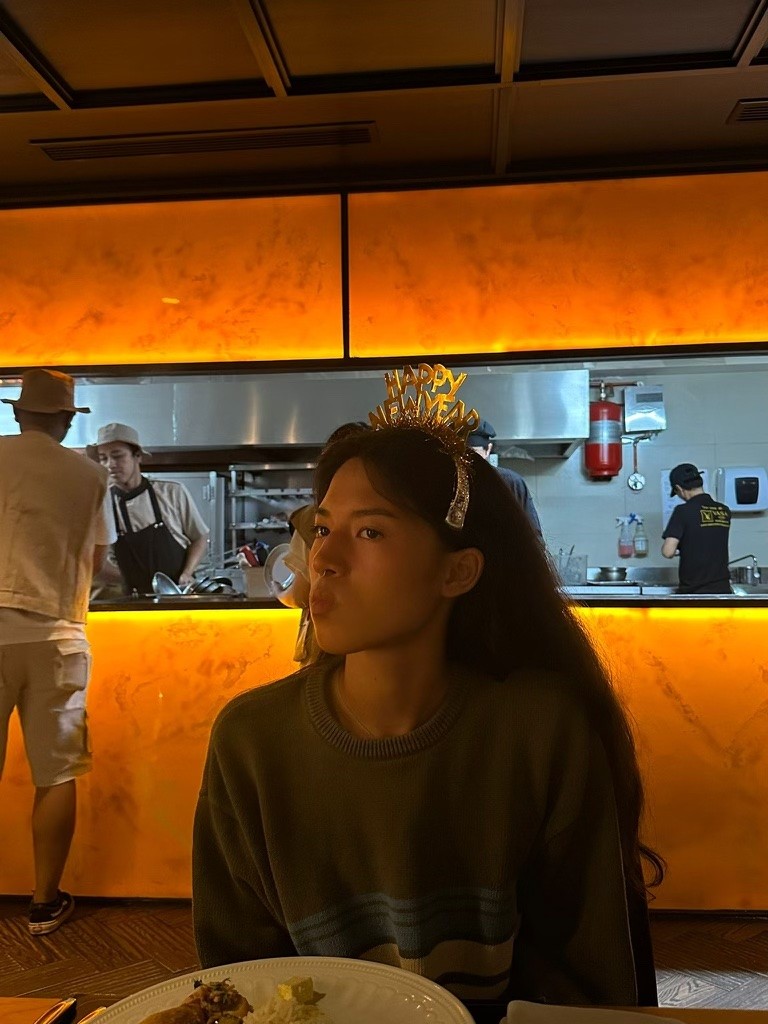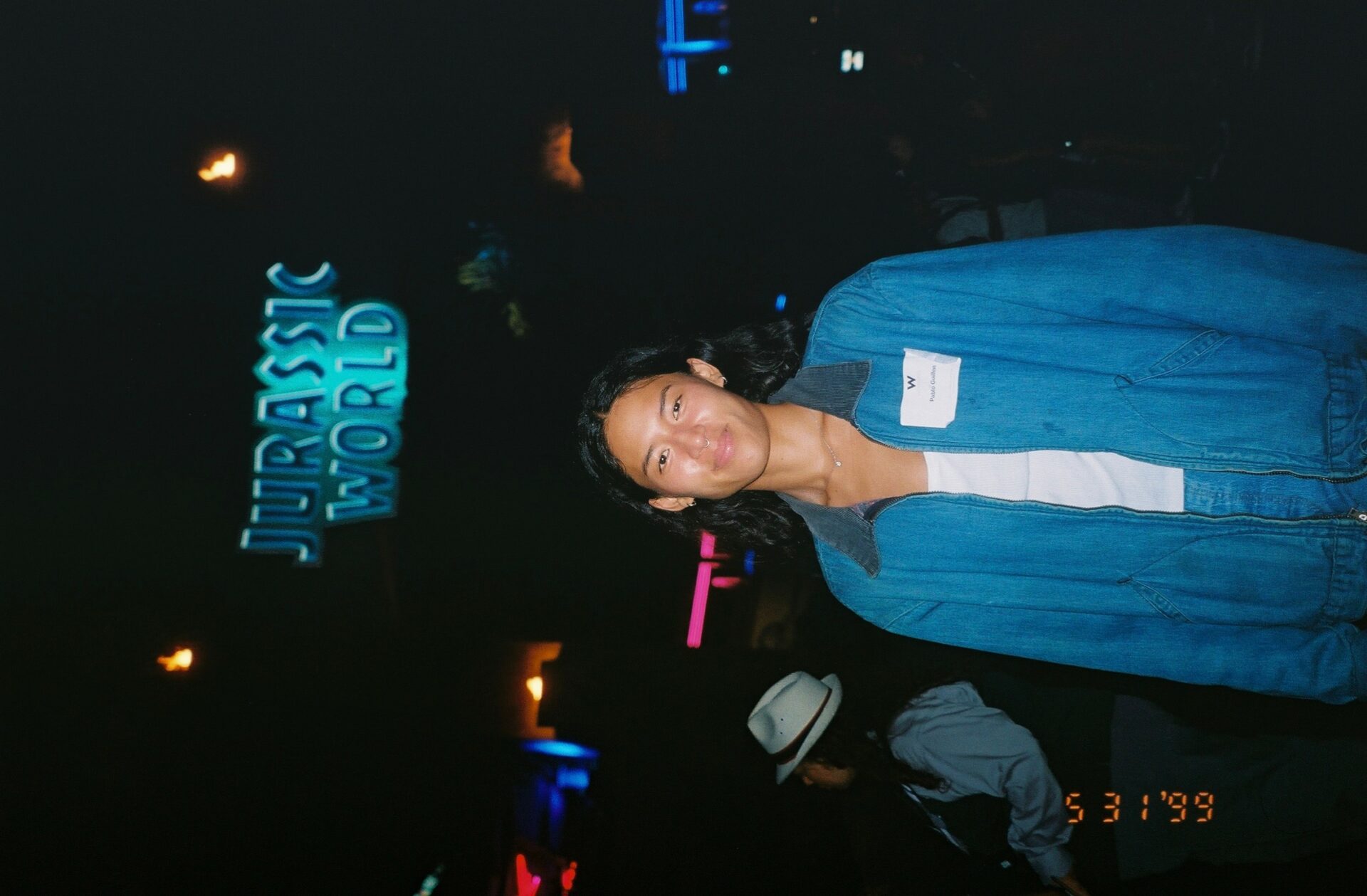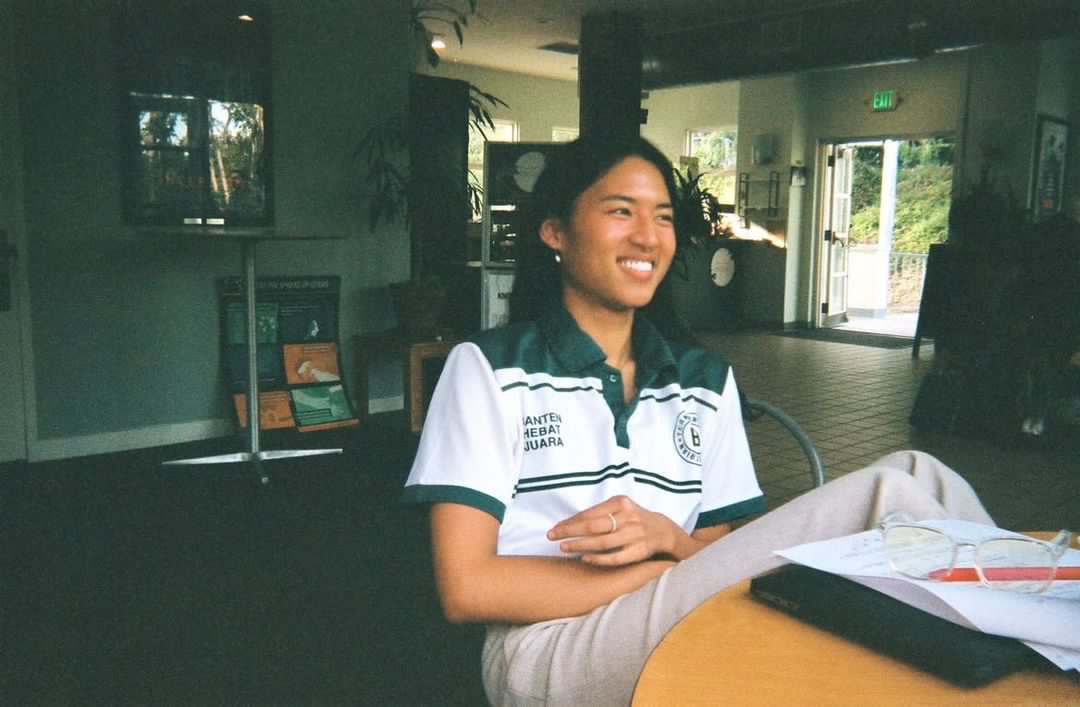We’re excited to introduce you to the always interesting and insightful Deaniera I Wibisono. We hope you’ll enjoy our conversation with Deaniera below.
Deaniera, so excited to have you with us today. So much we can chat about, but one of the questions we are most interested in is how you have managed to keep your creativity alive.
It’s an odd balance from one week to the next. Mainly I move between weeks of going out to catch a film every night to not leaving my apartment for days on end. There are some days I just need to avoid my writing and I let myself be immersed in someone else’s creativity. The opinions I form about others’ works clarifies what I want in mine. Other days, I need to let my mined wander within itself, I need to block everyone and thing out in order to hear my own voice.
Thanks, so before we move on maybe you can share a bit more about yourself?
I write heists. I have a small, unproven theory that every film is a heist film. In the same way that every story is a love story or every story is a coming-of-age story. One simply has to expand the idea of a heist. In a romcom you can steal a heart or in a horror/tragedy/thriller you can steal a life. In a script, you have three acts: the thesis, the antithesis, and the synthesis. By definition, if act one is the normal world, in act two you have to enter a new world where rules must be broken to gain the objective. That sounds like a heist to me. If anything, we live in a capitalist world, systematically we’re always heisting. I’m oddly most proud of this theory, it encompasses what I love about stories: characters that live in the grey. I think the specificity of the genre I work in sets me apart, I find that this set of elements and time-tested devices allows a certain universality to breathe into the genre.
If you had to pick three qualities that are most important to develop, which three would you say matter most?
1. Be shameless. Make as many friends as you can. Reach out. Ask for help. You network is your net worth. 2. Know what you like and what you don’t like. This helps you stand out. It narrows what you keep up with in the industry. Be confident in it and you’ll find the people you want to work with.
3. Read. If you want to write a good script, read a good script. Read enough and the writing becomes innate– story structure, dialogue, screenwriting format.
Awesome, really appreciate you opening up with us today and before we close maybe you can share a book recommendation with us. Has there been a book that’s been impactful in your growth and development?
Two in particular stand out: 1) James Baldwin’s The Fire Next Time. He talks about love as the solution for so many of the injustices in the world and that has always stuck with me. It seems so overly preached, but all this hate and war is a cry for love– inexcusable as a method, but ultimately sad because the people who are hurting are somehow the ones that need to give out more love. And 2) Frantz Fanon’s The Wretched of the Earth. He says, “everything can be retaught.” Simple, unassuming, but at its core, this statement should be often reiterated. So much of what school, family, society, and systems teach us can and must be retaught. It’s hard to remind ourselves that we were taught to be who we are and what we believe in, currently it doesn’t serve us. So we must, once again, teach ourselves that this is not the way.
Contact Info:
- Instagram: @deanierawibisono
- Linkedin: https://www.linkedin.com/in/deaniera-intan-wibisono/



Image Credits
Franklin Wibisono. Pablo Guillen.




